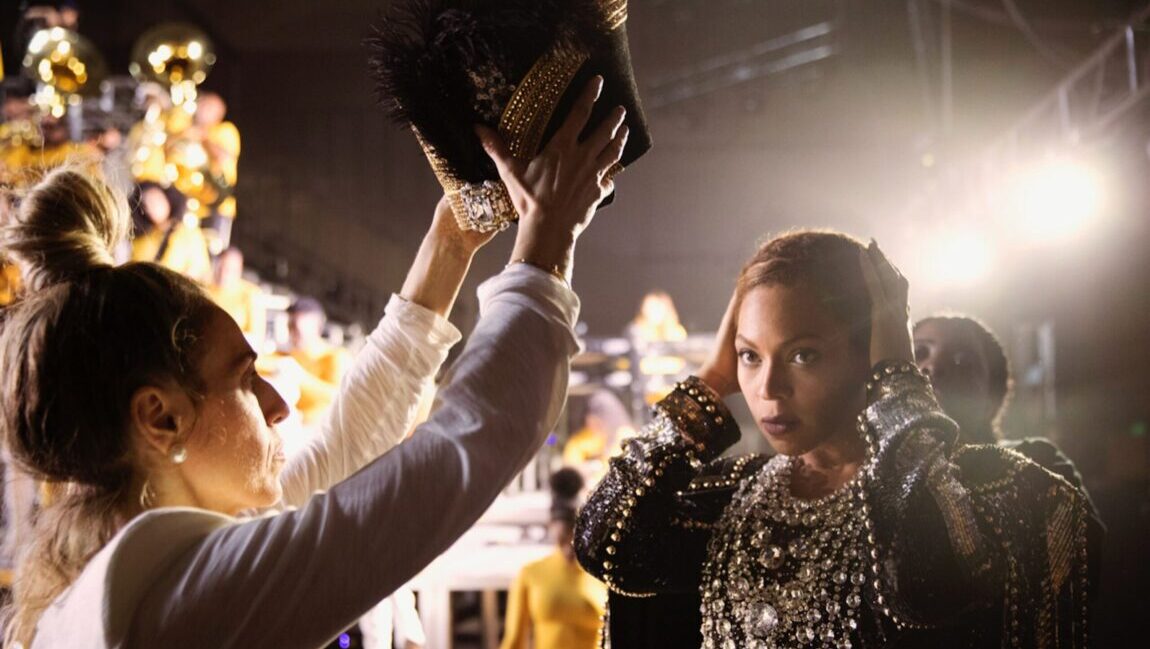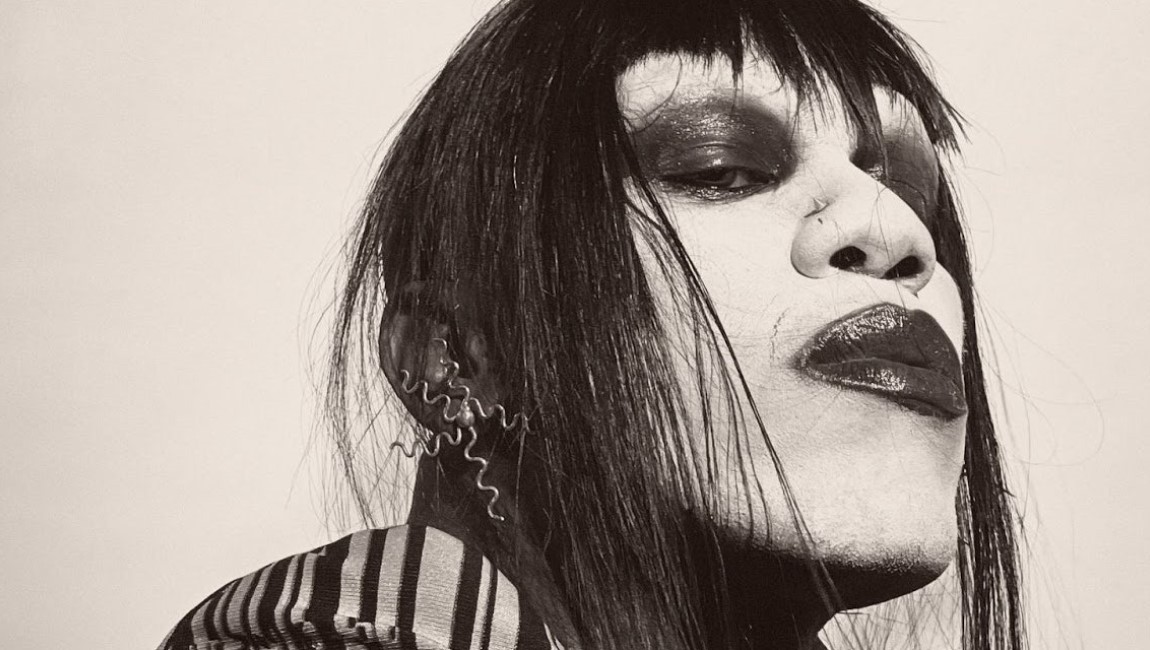Frailty is a repurposing of pop music of the very recent past into something legible and thrilling.
The buzz surrounding electronic pop producer dltzk (or, Zeke) has largely been articulated in vague, tedious language thus far, of the sort generally tossed at young, hyperpop-adjacent artists (and in fairness, probably stoked by their press team). Nevertheless, buzz is not unwarranted for the 17-year-old producer who is being hailed as a defining pioneer of ill-defined, SoundCloud genre digicore and something called dariacore, which they apparently invented in the last year, and produce under the moniker leroy (Bill Bugara, who is both a creative director at SoundCloud and manager at dltzk’s label deadAir, describes it as “how one deconstructs pop and dance music into this amalgamation of controlled chaos,” so there you go). The branding antics and media bait are a little exhausting but fairly fitting for an artist whose stand-out attributes have been confident genre shapeshifting and controlled mania thus far. Though “thus far” really only constitutes a year or so, in which time Zeke has put out various singles, two EPs (one since pulled from official Internet circulation), and now, a debut full-length album: Frailty.
Having already made a considerable enough statement at the year’s start with the frenzied cloud rap (perhaps the cleanest way of summing up “digicore”) of EP Teen Week, dltzk’s Frailty arrives at the close of 2021 to one-up that project and upend hastily formed expectations. Frailty is not shy about announcing dltzk’s formal progression, opening with “goldfish,” a lo-fi emo cut pitting Zeke’s melancholy vocals against haunted guitar strumming, the lyrics spilling out as wistful stream of consciousness that evokes the sense of loss that comes with aging into pseudo-adulthood. Written within their first, very recent, year of undergrad, the record plays with memories of youth and regret from the perspective of someone still deciphering it all — not new thematic terrain for the emo genre, but not presented as such either, potential for cliché largely avoided thanks to a knack for evasive lyricism. With new tonal palette and genre inclinations established, dltzk pivots back to the sounds and stylings of late-2000s EDM and video game music with “your clothes,” a propulsive, danceable track likely to appease those anticipating a more literal continuation of Teen Week that also finds a way to translate the vocal-forward, singer-songwriter tendencies of “goldfish” to this clashing production. Despite the cranked up tempo (indeed, this sounds like a song Sonic the Hedgehog might enjoy), “your clothes” maintains the downbeat vibes of the album opener (“Now I look so stupid for casting the roles / And when the curtains close, I wish I was in your clothes”), a dynamic that persists for the remainder of Frailty’s 57-minute runtime, peaking with album fulcrum “movies for guys.” Something of a post-Peep track, “movies for guys” plays out as a multi-part, nearly six-minute song that fractures the slick genre synthesis pulled off thus far and then stitches the pieces back together, laying bare the uneasy tension between healing dance music and the embittered emo that drives the project.
As catchy as it is nasty, “movies for guys” beckons a back-half that skews more mournful and drawn-out, but the strive for catharsis symbolized in the dueling modes remains dltzk’s primary interest, the album tellingly closing on the ironically titled “let’s go home” and the SOPHIE-alluding lyric “Oh, its okay to cry.” Though a youthful soul, dltzk arrives with a confidently defined aesthetic that imaginatively repurposes pop music of the very recent past into something legible and thrilling. It’s a compositional approach favored by many young Internet artists at the moment, but Frailty suggests a new way forward, one that can negotiate between broad pleasures and cutting introspection without letting one consume the other.
Published as part of Album Roundup — November 2021 | Part 3.







